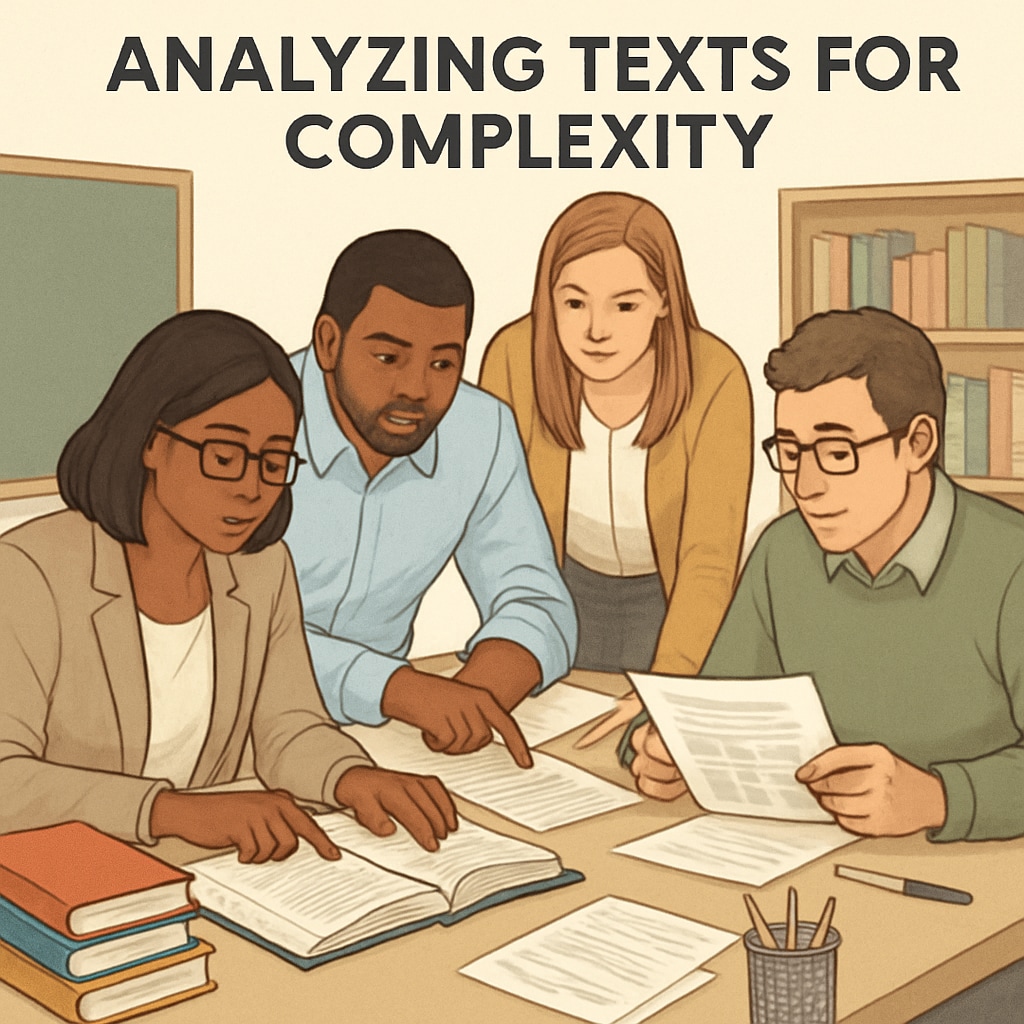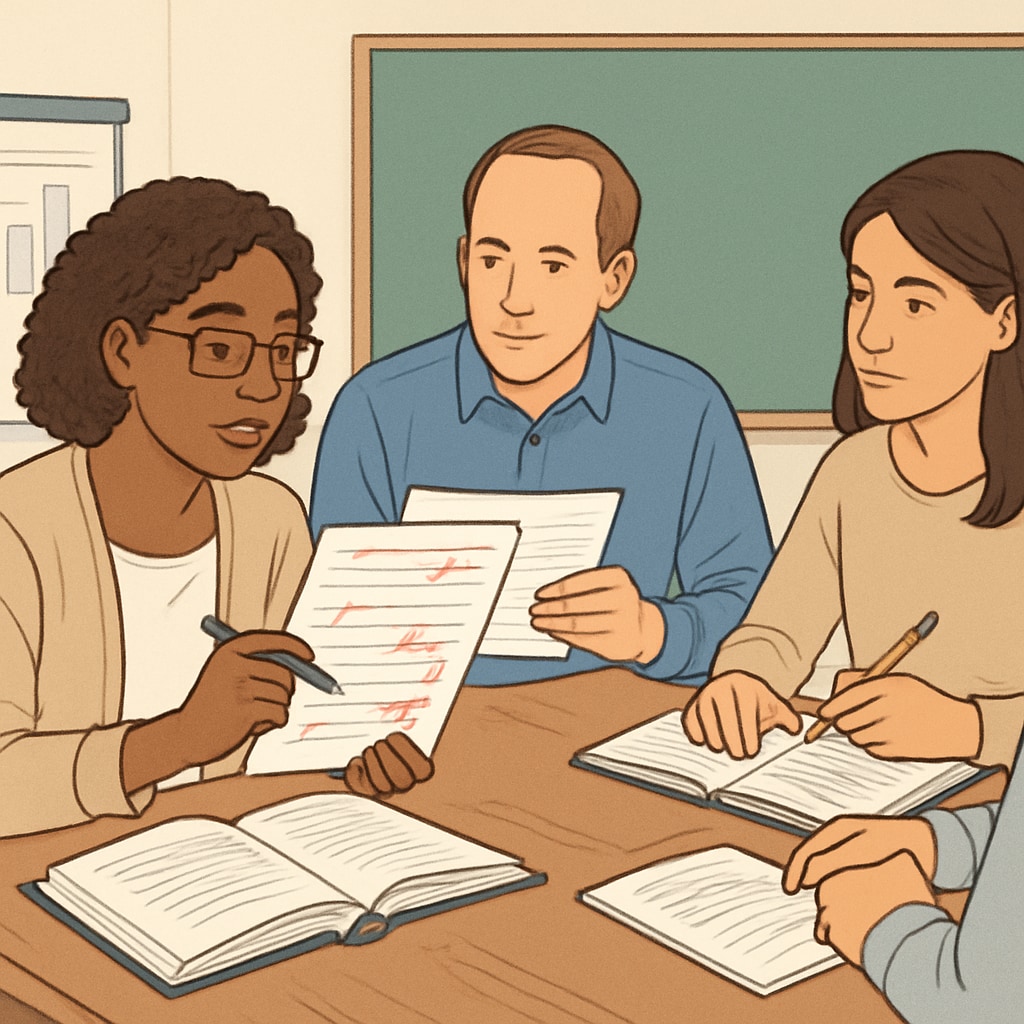The ability to understand and evaluate reading text complexity is a cornerstone of effective education. A groundbreaking research project is now calling on elementary and middle school teachers to bring their invaluable insights into this critical area of study. By participating in this initiative, teachers contribute to the advancement of reading comprehension, research, and curriculum selection processes, ensuring that future students receive the best possible educational materials.

Why Teacher Expertise Matters in Reading Text Complexity
Teachers are at the heart of educational development, uniquely positioned to provide real-world judgments on text complexity. Their daily interaction with students and firsthand experience in teaching reading comprehension place them in a pivotal role. Unlike algorithmic models or standardized measures, teachers can evaluate subtleties within texts, such as language nuances, thematic depth, and cultural context. These qualitative insights are essential for creating a comprehensive understanding of text complexity.
For example, while a computerized readability formula might focus narrowly on word length or sentence structure, a teacher can identify whether specific texts align with students’ cognitive and emotional capabilities. This human-centric approach enhances the accuracy of evaluations, ensuring that the chosen materials truly serve the educational needs of students.
The Research Project: A 30-Minute Contribution to Education
This innovative study invites teachers to dedicate just 30 minutes of their time to evaluate reading texts based on complexity. Participants will assess various aspects of the texts, such as vocabulary, sentence structure, and overall content. Their contributions will help researchers understand how professionals in the field judge text difficulty levels, offering a fresh perspective compared to traditional methods.
In addition, the study aims to bridge the gap between academic research and practical classroom application. Teachers’ assessments will serve as a foundational layer for future textbook selection, ensuring that educational materials are both scientifically validated and pedagogically effective.

The Broader Impact on Reading Comprehension and Curriculum Development
Beyond the immediate benefits to research, this project has the potential to reshape how educational materials are chosen and implemented. Text complexity plays a crucial role in reading comprehension development. When students encounter appropriately challenging texts, they improve their vocabulary, critical thinking, and analytical skills. Conversely, texts that are either too simple or overly complex can hinder progress, creating barriers to learning.
By leveraging teachers’ expertise, future curriculum designers can make more informed decisions. This approach ensures that reading materials match students’ developmental stages, maximizing learning outcomes. Furthermore, the study’s findings will likely inform professional development programs, equipping educators with better tools for evaluating and selecting texts in their own classrooms.
How You Can Get Involved
If you are an elementary or middle school teacher, your participation in this study can make a measurable difference. The process is simple and requires no specialized equipment—just your professional judgment and a willingness to contribute. By investing 30 minutes, you will join a community of educators committed to advancing the field of reading comprehension and improving educational standards for future generations.
For further details on how to join, contact the research team or visit the project’s website. Your expertise matters, and your insights will help shape the future of education.
Readability guidance: This article uses concise paragraphs, active voice, and clear transitions to enhance readability. Lists are utilized where applicable to summarize key points. Teachers’ real-world expertise and active involvement are emphasized throughout.


